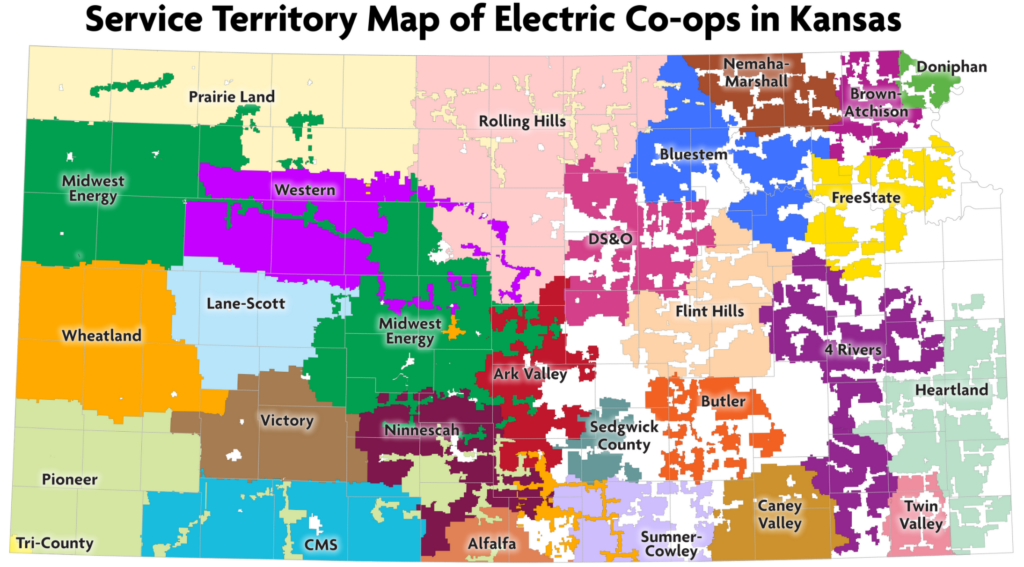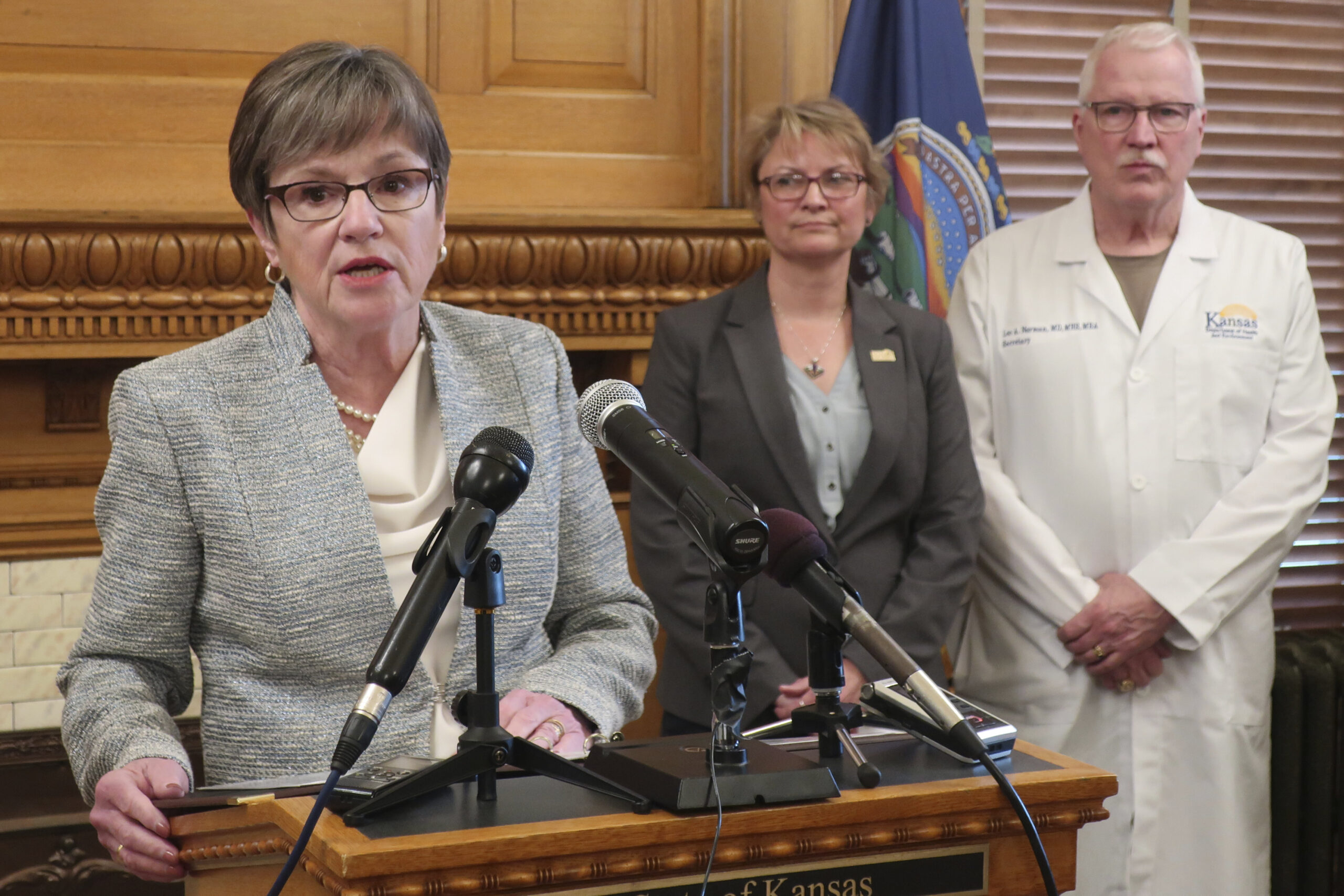The just-passed Congressional ‘infrastructure’ bill allocates $65 billion for finding rural broadband solutions, but the Osage Valley Electric Cooperative in Missouri already has the solution. OVEC is in the midst of providing affordable, wired broadband to its rural customers.
Jana Rosier, the economic development director for OVEC, says they are partnering with Conexon, a Kansas City, Missouri, Company that specializes in working with electric and phone co-ops to assist with broadband projects.
She says Osage will do the fiber buildout and then lease the system to Conexon, which will run the service for Osage. Rosier says this provides savings to customers since the co-op will not have to hire new employees for things such as tech support.
 Osage customers will be able to choose between 100 megabit and 1-gigabit services for $49.95 or $79.95, respectively.
Osage customers will be able to choose between 100 megabit and 1-gigabit services for $49.95 or $79.95, respectively.
Rosier said wired internet is key in their region of the Missouri Ozark Mountains.
“Parts of our service territory are a little hilly, and so some of those wireless solutions don’t work,” she said in a recent phone interview. “Starlink may be a solution for some but we want all of our members to have that same opportunity that’s available in the cities. You know, they say they want to fix rural broadband, but sometimes it feels like they say, ‘well, the solution is good enough for you. It’s not the same as what you can get in the city but it’s good enough.”
And that, she said, is part of the problem. Rosier says rural residents deserve the same wired access — often at speeds of 1 to 10 gigabit per second — that urban residents receive.
‘Last mile’ is too expensive for telephone, cable companies
Often the problem with providing broadband — defined as speeds of 25 megabits per second or faster — is what is known as the “last mile” problem.
Internet service providers say rural broadband is prohibitively expensive to install fiber or cable internet down the “last mile,” from a node when there are too few customers to support the service.
There are solutions, ranging from wireless solutions like “edge computing” to expanding satellite services like Elon Musk’s “Starlink.” But those solutions are generally slower and less reliable than the wired solutions — particularly fiber to the home — widely available in urban areas.
Rosier says ‘last mile’ is largely a non-issue for rural electric and phone co-ops because they are already providing service, and most of the cost becomes stringing new lines and replacing poles that may not be rated for the fiber optic cables.
Even before the passage of the infrastructure bill, Osage had participated in an auction for the Federal Communications Commission’s Rural Digital Opportunity Fund and was able to secure partial funding for an $80 million project to extend wired broadband to every customer in their service area.
Electric co-ops cover most of Kansas, and almost exclusively in rural parts of the state.

Rosier believes partnerships between co-ops and private companies can solve much of the rural broadband issues in Kansas, but there may be some political hurdles to overcome.
Money and politics
Most of the rural broadband funding in the bill appears to be in the form of state-level grants, allowing the states the latitude to move forward with projects that best suit local conditions.
Kansas already has as much as $1.1 billion in federal ARPA funding that could be used — in part — for increasing access to broadband, and the infrastructure bill promises at least $100 million more. But solutions become more challenging with Democrat governor Laura Kelly and the Republican-controlled legislature not wanting each other to have a political ‘win.’ It also is not in the financial interest of companies like AT&T and Centurylink that supply broadband, to advocate for competing systems — or to invest in “outside the box” solutions. Telephone and cable companies have a sizeable presence inside the state capitol, and they also write campaign checks.
Kansas is one of just 26 states which has a dedicated broadband office — established just last year — but Kansas, in the last 10 years, has received — at the state level — nearly $6.4 million in federal grants to expand access, with little in the way of appreciable increase.
By the numbers
- 173,000 Kansans have no wired access to the internet.
- 307,000 have no access to broadband
- 27 counties in Kansas have less than 75% access to broadband.
- 19 million people nationwide — or 6 percent of the population — lack access to broadband.
- 14.5 million, about a quarter of the rural population, lack broadband.
- 250,000+ are still using dial-up.




